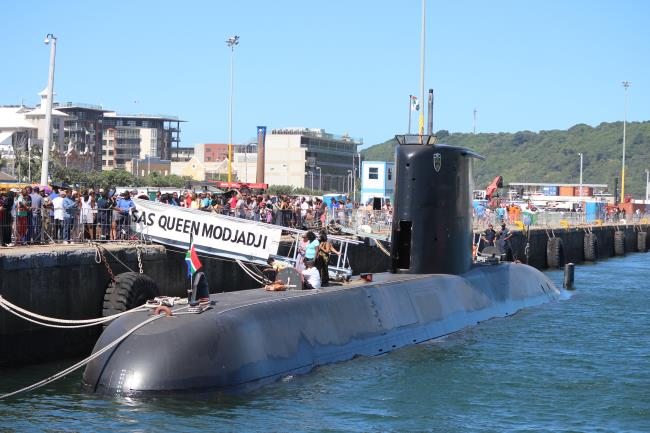As exciting, encouraging & significant as AUKUS is, we have to find a way to mend fences with the French & draw them into this emerging, growing Pacific strategic & naval alliance. Japan & S Korea are also significantly enhancing their naval capabilities by buying the same F-35B's that our Marines operate from our base in Japan & they are building or converting ships to serve as light aircraft carriers similar to the Brits & our USS America class Amphib Assault aircraft carriers, one of which is homeported in Japan.
France remains a formidable naval power, equal to or stronger than the Brits. They're very proud & jealous of their independence, both in operations & in acquisition & development. We need to find a way to make up with the French & entice them to join us in the Pacific as they have in the mideast.
This 3 page archive chronicles French - US naval cooperation over the past 6 years :
https://news.usni.org/tag/charles-de-gaulle/page/3
this article illustrates how closely we work together in carrier flight operations & training.
https://news.usni.org/2018/04/30/33210#more-33210
Maybe we could offer access to our new carrier based refueling UAVs, at our cost, with no R&D charges.
It should plug right in with their Hawkeyes & Rafales.
https://news.usni.org/2021/08/19/boeing ... ed-hawkeye
We should invite & encourage the French to lead a composite NATO carrier strike group on a WPac cruise, with the
de Gaulle as flagship, including a port visit & celebration in Perth or Sydney welcoming the French into our newly formalized Pacific alliance.
AUKFUS ?
Interesting details on the diplomacy (or lack thereof) which lead to the contretemps with France.
https://www.firstpost.com/world/submari ... 86431.html
